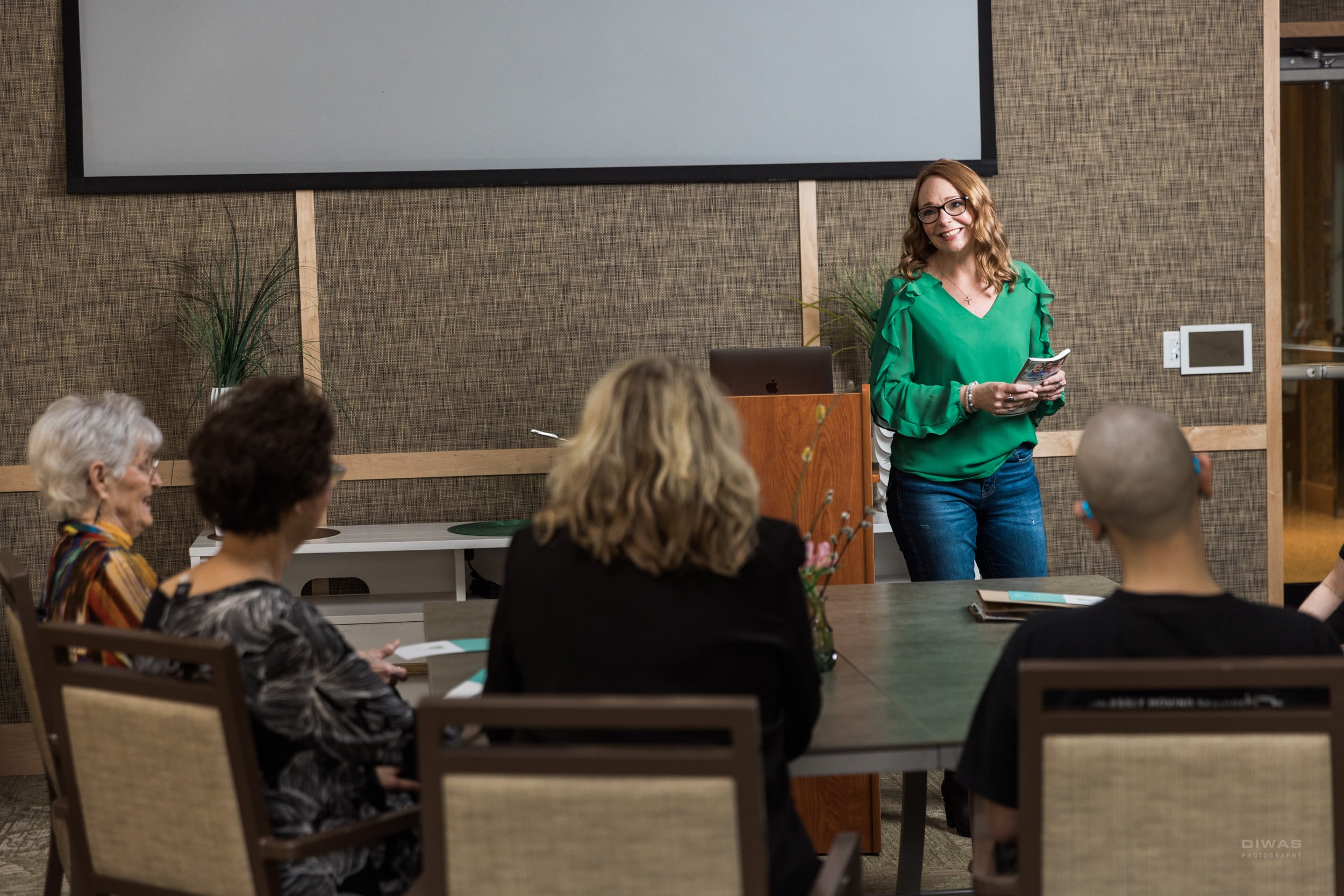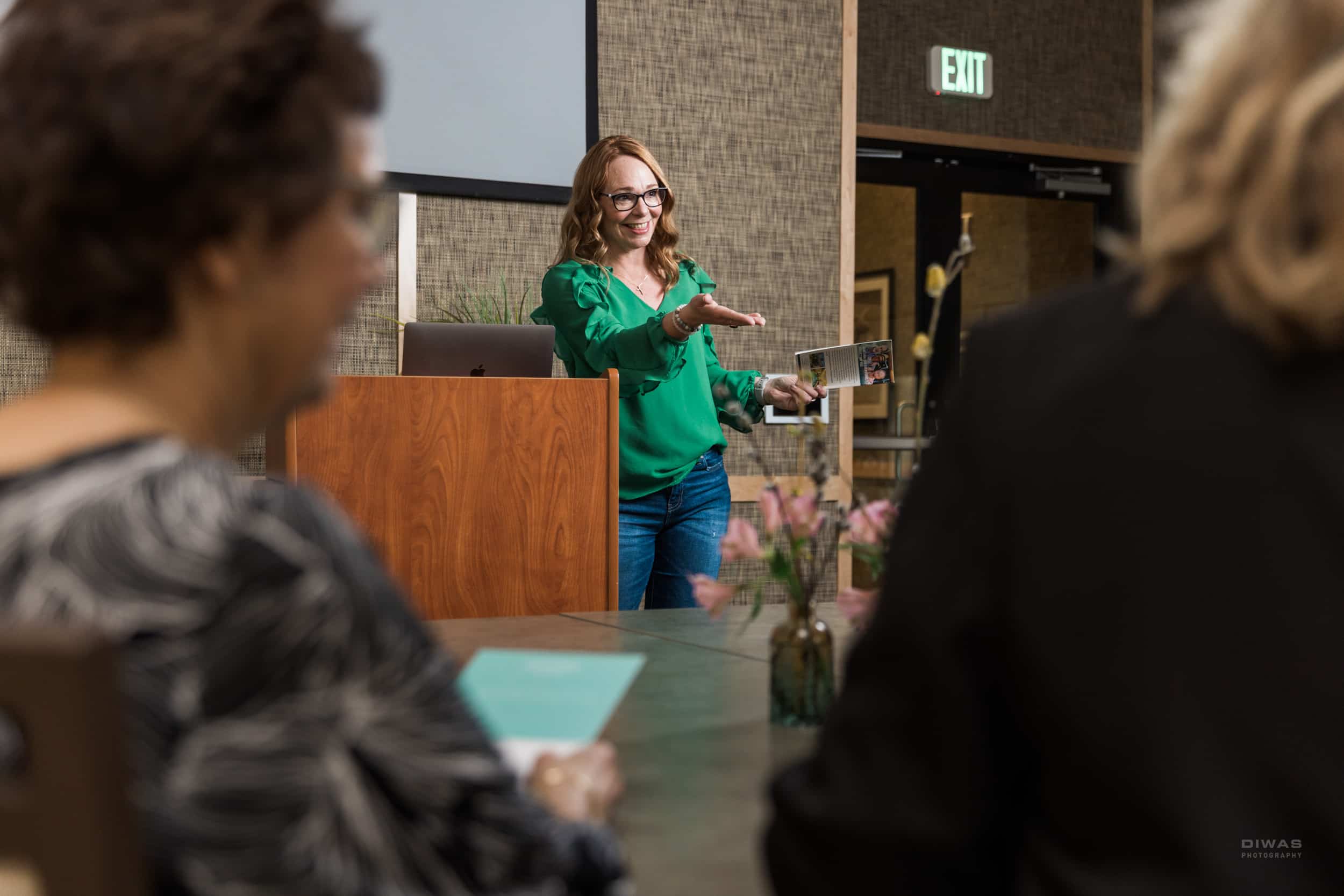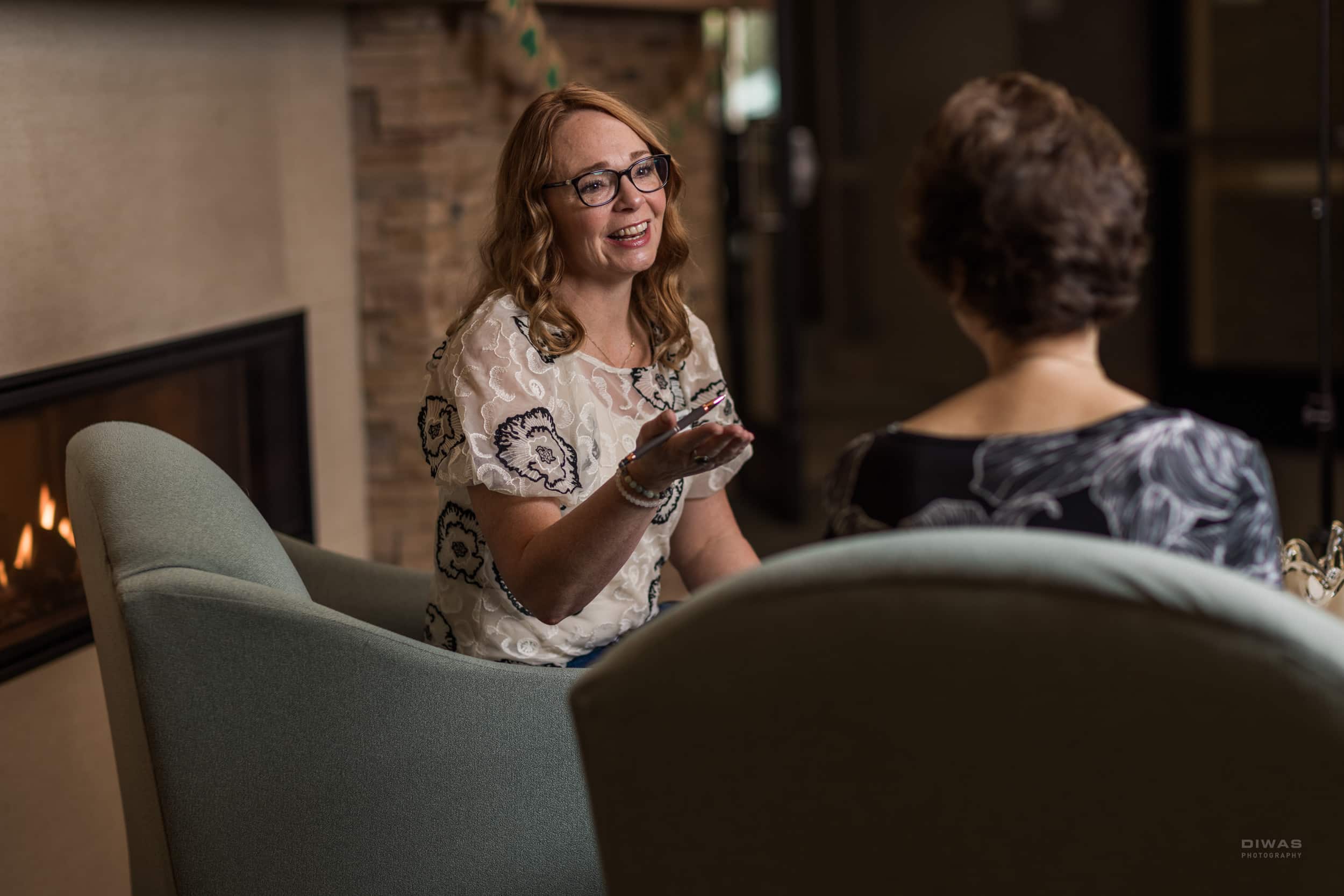
Fall is my favorite season. It doesn’t get any better than visiting a pumpkin patch with my family on a beautiful sunny day and watching the leaves change colors. Although I’m excited about pumpkin spice, this is not the fall I want to talk about. We’ve all fallen. Scraped knees, big purple bruises, it all hurts. As we age, we don’t bounce back as well. When we catch ourselves, it can lead to trauma that can affect us cognitively or land us in the hospital for a few days. In an instant, a stumble can change life as you know it, transforming a relatively independent loved one to requiring daily assistance, or worse.
Recently I helped a woman I met in the hospital find a loving and caring adult home after a fall. She was living alone, and to this day, no one knows how she ended up on the bathroom floor. The medical professionals assume she had been lying there for several days. Before her fall, she was living independently, physically active doing her shopping, and singing in the church choir. Now her days are primarily spent in bed, and she requires assistance for nearly everything but to eat.
I’ve sat with families whose parents care for one another. They share stories about helping each other with daily tasks such as getting dressed, going to the bathroom, or walking out to the car, only to find themselves catching each other as they fall -much to their relief. If their companion hadn’t been there, or if they had not fallen “just so,” the event could have been problematic. It’s typical the family hears these stories for the first time when a third party, like myself, is brought in to assist with future planning. As they recant their stories, the concern about their family’s instability and how it will affect their independence becomes prevalent.
A simple fall can have devastating and life-altering consequences. Removing throw rugs, clearing crowded hallways, and altering daily tasks are examples of simple actions to reduce the chances of a fall. Unfortunately, even when preventative action is taken, a fall is inevitable. My grandmother had dementia and she inspired my work. I am passionate about sharing the signs and unseen symptoms that remain hidden for many years when someone suffers in silence with this disease. My grandma was active with a healthy body, but her brain could not keep up with her fast feet. Like many aging adults, she could trip over nothing. She often used the stairs, and one day, even while holding the rail, she fell at her assisted living facility, which had devastating results.
In many independent living scenarios with a healthy spouse acting as a caregiver, they hide something is wrong. Both are terrified to admit one, or at times both, have any cognitive decline and will do all they can to avoid it being obvious. They fear change and want to preserve their dignity. They don’t want to be locked up in the nursing home like their family was 40 years ago, but continuing care options have significantly changed since then.
Pre-planning a counterbalance to the uncertainty of what’s to come can bring peace of mind for you and your loved ones. As your advocate, my mission is to provide personalized vetted solutions, even before they need one. Let me remove the uncertainty from your shoulders and provide your family with an umbrella approach to care, offering solutions in every corner of the challenge. You do not have to do this alone. Give me a call, and we can walk through your options together.
-
Previous Post
Celebrate Change
-
Next Post
Is Your Family Prepared For a Fall?






